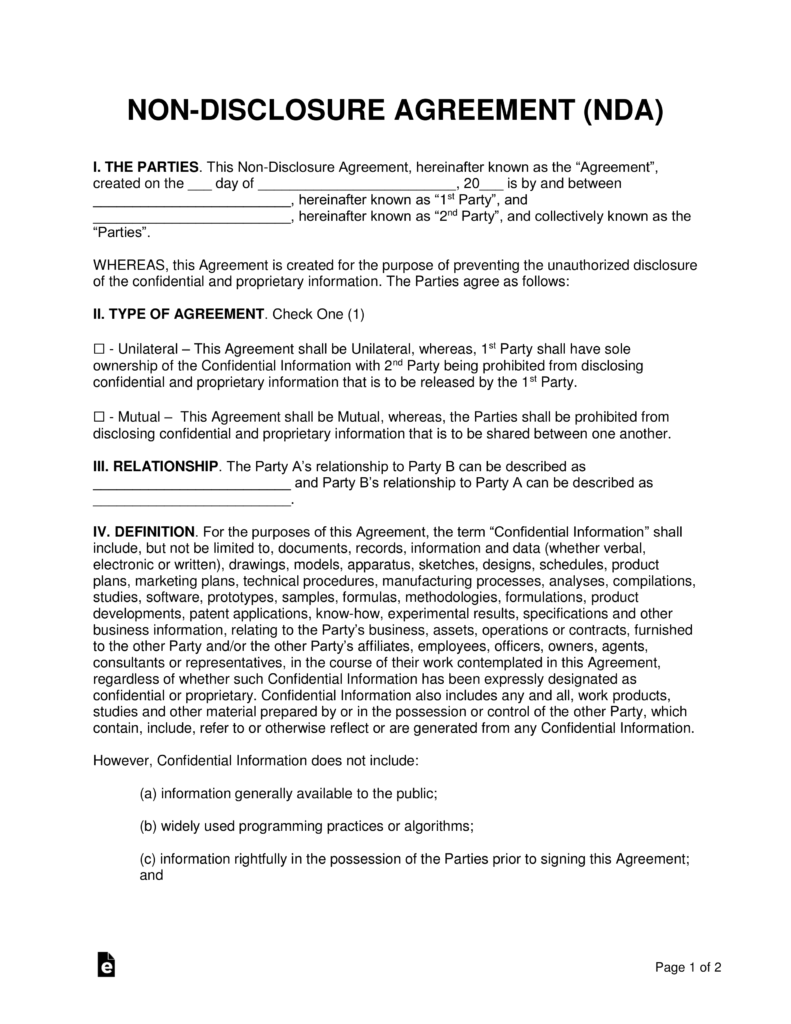Living Will/Advance Directive
Use our Living Will/Advance Directive to inform your family and medical staff of your end-of-life preferences.

Create a Document in 3 Easy Steps
1. Get Started
Choose Your Form or
Location to Begin
2. Answer Questions
Complete Your Free Document in Minutes
3. Download Document
Download and Print for Free
(MS Word & PDF)
It is imperative that you have detailed instructions put in place for when you are unable to make decisions for yourself. You can do this with a Living Will (for those located in England and Wales) or and Advance Directive (for those in Scotland).
A Living Will/Advance Directive allows individuals to influence decisions regarding your medical treatment, if you were unable to make those decisions yourself, as well as what actions should be taken if the option to keep you alive artificially arises.
You should only make a Living Will/Advance Directive only once you have discussed the issues mentioned above with your GP and family.
Use this Living Will/Advance Directive
- When you are of sound mind and would like to put instructions in place to determine how you will be potentially cared for in the event that you lose the ability to care for yourself;
- When you do not want to be kept artificially alive in the event that you are so ill that you cannot make decisions; or
- When you have discussed the concerns with your GP and family, and have reached an informed decision
What do Living Wills/Advance Directives cover?
Living Wills/Advance Directives cover:
The circumstances regarding your desire to have life-sustaining treatment when:
- you are no longer capable of making decisions for yourself or have ‘lost capacity;
- you can no longer care for yourself; or
- you have one or more terminal or degenerative illnesses that will you are unlikely to recover from
What are Living Wills/Advance Directives?
Living Wills/Advance Directives allow you to inform others of your wishes regarding how you will be cared for in the event that you lose the physical and mental ability to care for yourself.
These include preferences about types and methods of treatment or whether you would rather refuse a specific type of treatment.
These documents can refer to either Advance Decisions or Advance Statements (which are separate documents).
How do I know if I need a Living Will/Advance Directive?
If you develop an illness that affects your ability to make decisions, whether it be a physical or mental ailment, Living Wills/Advance Directives help to get your affairs in order and let your family know what your wishes are for treatment and end of life care.
These often work in association with a Lasting Power of Attorney for Health and Welfare or LPA.
If instructions are not put in place, by the time of any of these circumstances occur, you may end up receiving care that you do not agree with, whether it be for social or religious reasons etc.
What is the difference between Advance Decisions and Advance Statements?
Advance Decisions are documents that state which medical treatments you would like to refuse. This enables doctors and other medical professionals responsible for your care, to give you treatment that reflects your beliefs in the event that you cannot make these decisions for yourself.
For example, if you have dementia, Alzheimer’s, or have suffered brain damage.
Advance Decisions state which specific treatments you do not want; it does not allow you to request the ones you do want.
It is important to note that this can be used irrespective of whether it potentially causes one’s death, but it cannot be used purposely to request one’s death.
Advance Decisions are legally binding when correctly executed.
An Advance Statement, however, is a separate document, that states how you would like to be cared for if you cannot make your own decision or communicate your preferences.
Advance Statements can cover everything from dietary needs to preferences over staying at home or in a hospital.
It also allows you to state any religious beliefs that could impact the treatment you wish to receive.
Unlike the Advance Decisions, though, Advance Statements are not legally binding. While Doctors and other medical professionals will take this into account, they can disregard Advance Statements if they perceive it to be disadvantageous to your quality of care.
How do I ensure my Advance Decision is legally binding?
If you would like to refuse life-sustaining treatment as part of your Advance Decision, you have to:
- ensure that this has been done in writing;
- sign and date the document in the presence of a witness who will also sign the document;
- be very clear in the Advance Decision in what circumstances you would not like to receive the treatment; and
- include a statement that clearly states that you would like this Advance Decision to apply regardless of whether it puts your life at risk.
You can also ask your GP to sign a statement clarifying that they have been made aware of your Advance Decision. You must make your GP, relatives and any relevant medics aware of your Advance Decision and how to access it.
Advance Decisions are governed by the law of England and Wales or the law of Scotland.
Other names for Living Wills/Advance Decisions
An Advance Decision or Advance Directive.

